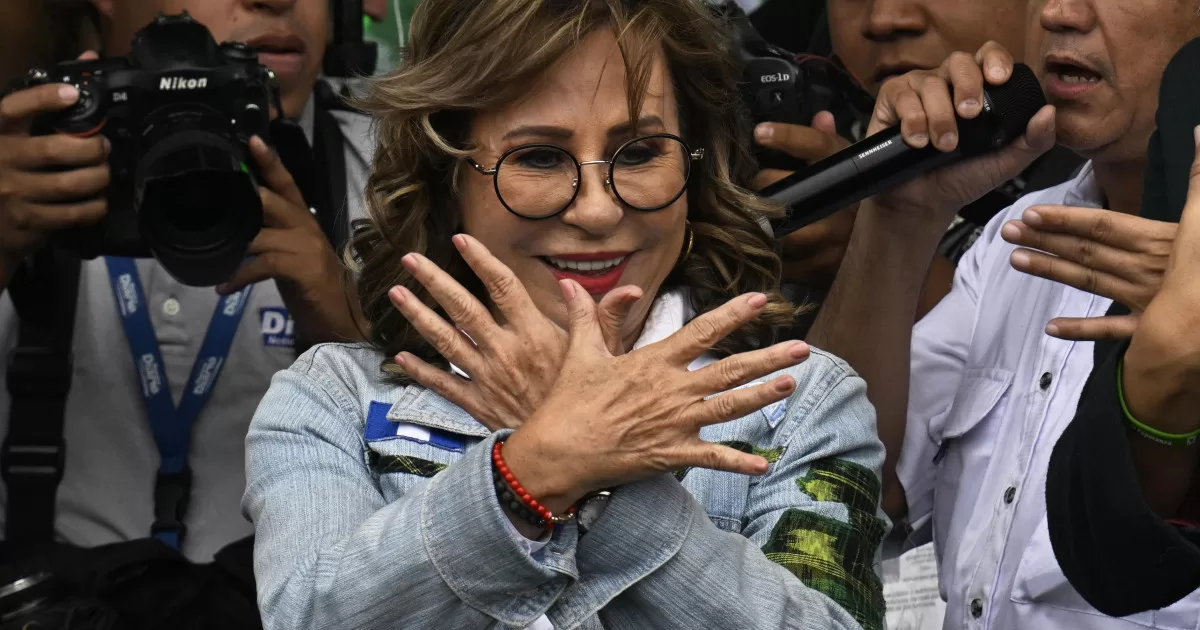After vicissitudes, largely adverse, today the second electoral round in Guatemala.
They arrive at the ballot Sandra Torresthe former first lady and two-time presidential candidate for the UNE party and Bernardo Arevalo from the Seed party; The latter is the son of a former president in the 1940s, Juan José Arévalo, who headed the so-called “first government of the revolution.”
This is the third time that Torres has disputed a ballot; Arévalo is running for the first time and his move to the ballot was unexpected.
So unexpected – even for the party itself – that several parties that were better placed in the polls doubted the impartiality of the result and questioned it, and even there were voices that openly called for fraud.
In a highly charged environment, the Guatemalans We will go to vote for two options that, although they dispute the runoff, do not represent the highest preferences.
In the first round, the null vote obtained the highest percentage of votes (17.48%), above that obtained by Torres (15.86%) and by Arévalo (11.77%). Although this result is multi-causal, the main reason was the rejection of the options presented and a weariness of the system on the part of the electorate.
In that order of ideas, and although both options are from the left, Torres represents the system and Arévalo, who intends to present himself as a progressive and “anti-system” option – but has been a deputy for four years – which would presumably allow Arévalo to attract a good percentage of the invalid vote in the first round.
Precisely because of her affinity for the system, Torres has made every attempt to convince the large number of mayors elected by the official party – which came in third place in the election – to support her. presidential first round– and that obtained the largest number of mayors in the interior of the country, still rural.
In past elections, the success of this approach to elected mayors has been marginal; To win, Torres will have to accomplish something he hasn’t been able to do before.
On the contrary, Arévalo builds his opportunities with the urban vote and the youth vote. As has happened in other countries in Hispanic America (Chile, Colombia), it is the capitals and urban centers that have installed presidents.
To this must be added that usually urban voters will vote through their media (there are more polling stations nearby) while the rural voter You must get transportation to get around. There is no doubt that there is another factor that Torres has: the voter hauling.
Although a leftist option will govern for the next four yearsdespite the highly contentious nature of these elections, despite the attempts of the nonconformists to hinder the electoral process, despite, even, attempts by the courts to prevent Arévalo from taking office, democracy will prevail, since there will be transmission peaceful power on January 14, 2024.
The republic will also prevail, even more important. This electoral process is just one more event in the long –frequently difficult– road towards the construction of solid institutions. The challenge is not to allow the attempts of anti-democratic groups and dissatisfied losers to succeed.

